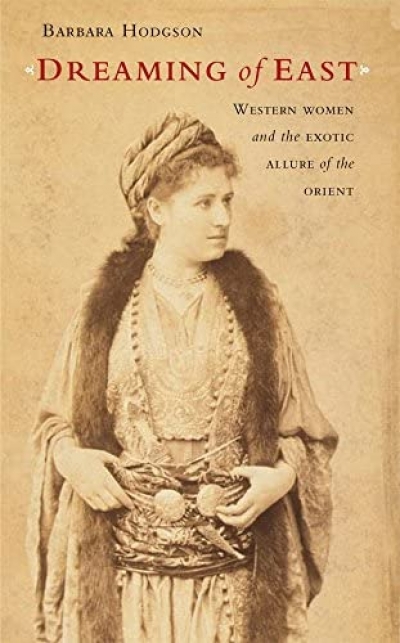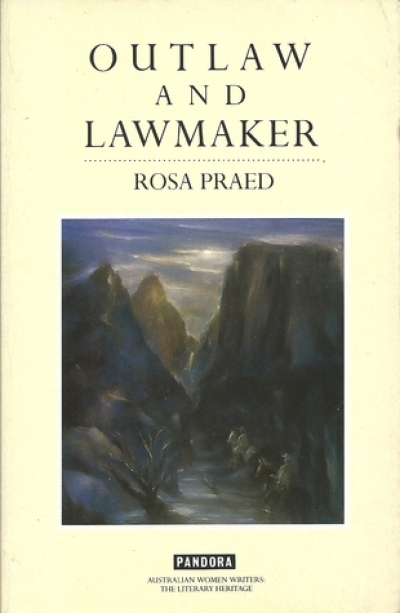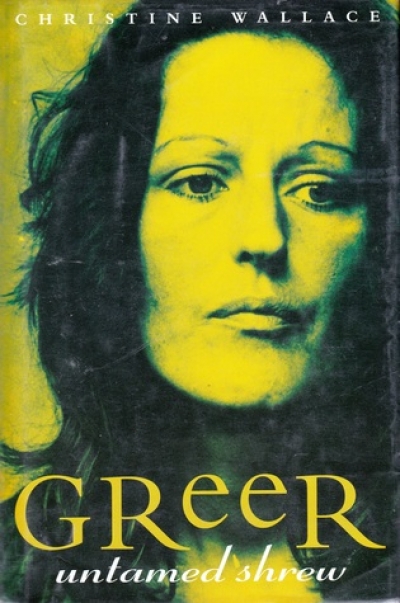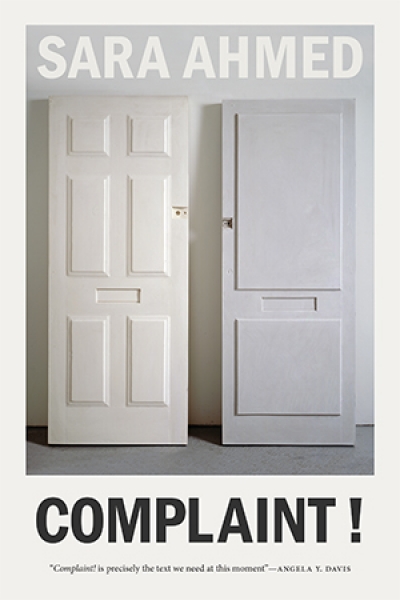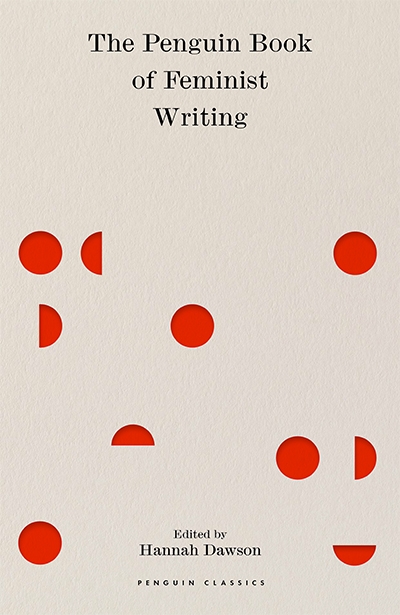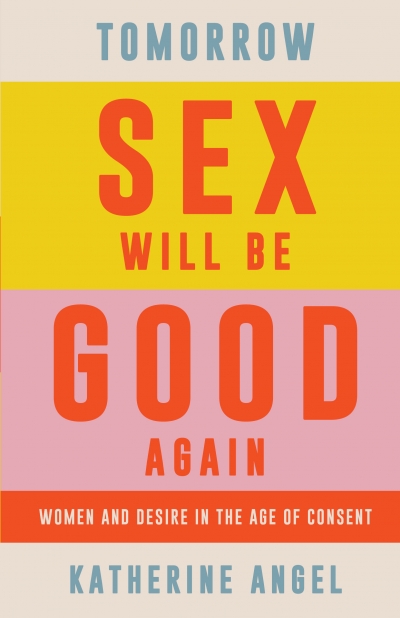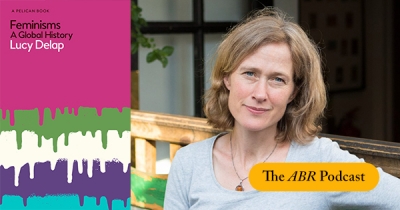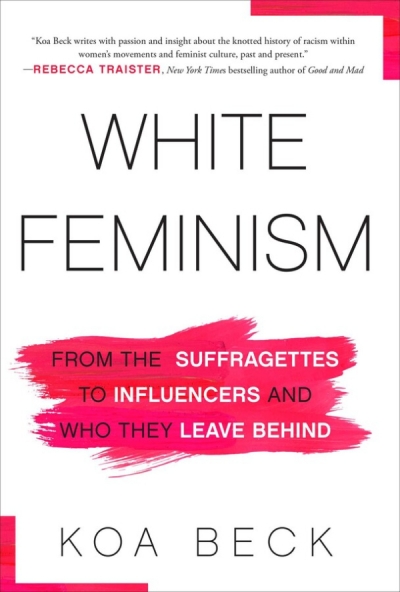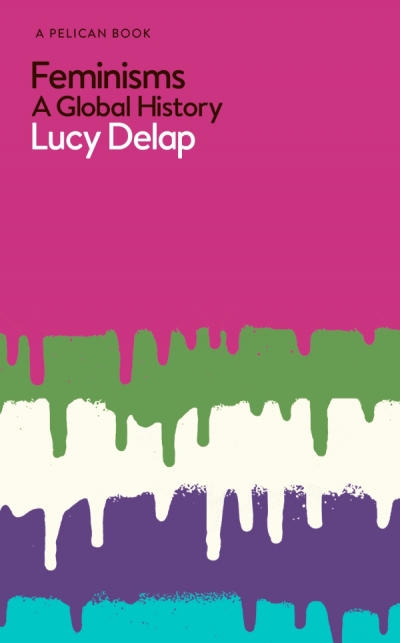Feminism
Dreaming of East by Barbara Hodgson & Women of the Gobi by Kate James
Jane Austen’s latest biographer, Jon Spence, observes that by deciding to support herself by writing rather than live on a husband’s income, Austen was spared the likelihood of annual pregnancies, exhaustion, infection and early death, fates that confronted many married women of her day. Another means of avoidance was travel abroad. That was not the only motive, of course, of the many European women who, from the early eighteenth century, attracted admiration, censure and curiosity by combining writing and travel. Nor did it always work.
... (read more)Outlaw and Lawmaker by Rosa Praed & Mothers of the Novel by Dale Spender
I first met Rosa Praed under the blue dome of the British Museum Reading Room some twenty years ago. She was introduced as Mrs Campbell Praed, an aspiring novelist advised by George Meredith – himself a novelist and poet, and the subject of my doctoral research – in his capacity as publisher’s reader for the well-known house of Chapman & Hall. The fact of her being an Australian writer seeking to break into the London publishing scene in the 1880s was notable; but she was marginal to my concerns at that time.
... (read more)The leaked draft judgment in the case of Dobbs v. Jackson Women’s Health Organization, in which US Supreme Court Justice Samuel Alito proposed overturning the precedent set by Roe v. Wade, has returned abortion rights to the headlines. In this week’s episode of The ABR Podcast, Linda Atkins reads her essay, ‘Shouting Abortion’, which sets women’s right to terminations within the broader context of intergenerational poverty and the class lines of the medical profession ...
... (read more)Christine Wallace’s book, in twelve chapters, is actually two books. Chapters 1-7 deal with Greer’s childhood and family, secondary and university education including MA and PhD theses, her sexual history and engagement with the counterculture in Britain which pivots around writing for Oz, her career as a groupie and membership of the Suck editorial team. Events are arranged chronologically but it’s often hard to work out the date (and thus Greer’s age), whether she’s in Melbourne or Sydney and, since the chapters are of very different lengths, how much has been included or omitted.
... (read more)In 2016, feminist and queer theorist Sara Ahmed resigned from her post as professor at the Centre for Feminist Research at Goldsmiths, University of London, in protest against the failure to address sexual harassment at her institution. Given that she was at the peak of her career and working in a centre she had helped to create, hers was a bold and surprising move, but also entirely consistent with her feminist politics. In one way or another, Ahmed has been writing about this decision, its causes and effects, ever since: first on her blog feministkilljoys; as an example of a ‘feminist snap’ in Living a Feminist Life (2017); in relation to diversity work in universities in What’s the Use: On the uses of use (2019); and now most directly in Complaint!, her tenth book.
... (read more)Where is home for a feminist? ‘I carry “home” on my back,’ wrote poet and theorist Gloria Anzaldúa in Borderlands/La Frontera (1987), a protective response to the many layers of discrimination she experienced as a queer Chicana woman. ‘Home’, for Palestinian poet Fadwa Tuqan, writing in the 1970s, was a place of confinement, where women’s movements ‘strongly resembled those of domestic poultry’. The home has rarely been a safe place for women (never mind feminists), who have for millennia dared to ask for better accommodation.
... (read more)Tomorrow Sex Will Be Good Again by Katherine Angel & Why We Lost the Sex Wars by Lorna Bracewell
Among historians of sexuality, it is customary to stress that there was never just one sexual revolution, but many. There were the pop-culture versions, the countercultural expressions and perhaps most momentously, but least discussed, the everyday or ‘ordinary’ sexual revolution. Or conversely, as French philosopher Michel Foucault so influentially argued in The History of Sexuality Vol. 1: The will to knowledge – first published in French in 1976 and in English in 1978, in the very thick of the so-called sexual revolution – there was no liberating sex from the disciplinary and regulatory effects of modern sexuality, already by then at least three centuries old. One of the delusions of the age was that, as we put sexual repression behind us (by saying yes to sex, for instance), ‘tomorrow sex will be good again’.
... (read more)Written by award-winning historian Lucy Delap, Feminisms challenges the obfuscating binaries of the 'feminist waves'. Its main focus looks into aspects of feminism that have often been in conflict or overlooked by contemporary movements. Zora Simic reviews the book for our current April issue, and describes it as ‘building on and acknowledging the work of those who came before, while bringing new ideas and energy to the task.' Listen to Zora read her full review in today's episode.
... (read more)White Feminism: From the suffragettes to influencers and who they leave behind by Koa Beck
The most difficult thing for white, straight, able-bodied, middle-class, cis women to accept seems to be that feminism was designed for them. But the reality is that from a suffrage movement that forced Black marchers to walk at the rear to the ‘girlboss’ CEOs who bully their poorly paid underlings, the cause known as ‘feminism’ has long been dominated by the aspirations of an élite group of women.
... (read more)Lucy Delap, Reader in Modern British and Gender History at the University of Cambridge, is a consummate historian and not one to privilege her own experience. Indeed, one of her chief aims in her innovative new global history of ‘feminisms’ – the plural is important, no matter how inelegant – is to bring to the fore feminists and other activists for women’s rights who are less well known, but hardly less significant, than the usual suspects. In this aim, and from the very first page, Delap succeeds admirably. Feminisms: A global history opens with an ‘incendiary letter’ published in 1886 in a local newspaper in the British-ruled Gold Coast (now Ghana), written by an anonymous author on behalf of ‘We Ladies of Africa’. At once a protest against the sexual violence of colonial incursion, and an assertion of cultural power and defiance, the letter also flags to a present-day audience that this history will not be the standard White Feminist narrative – and hooray for that.
... (read more)

